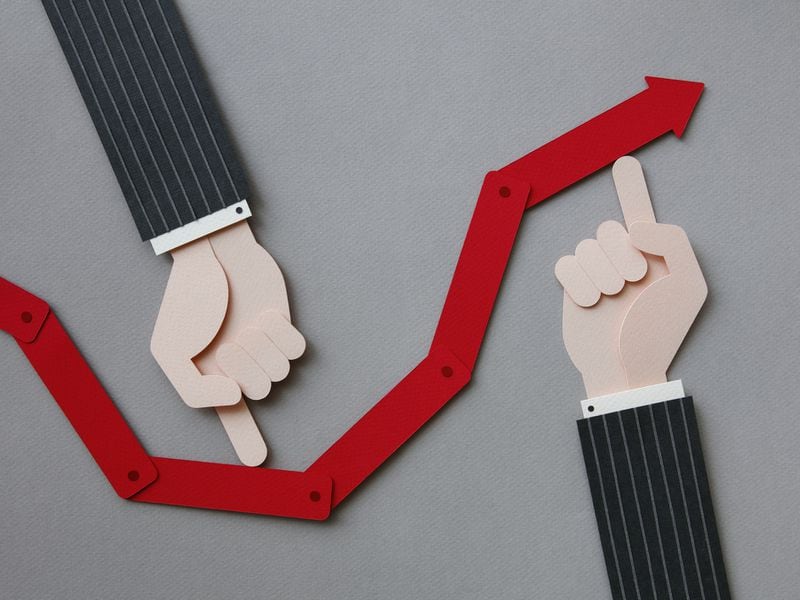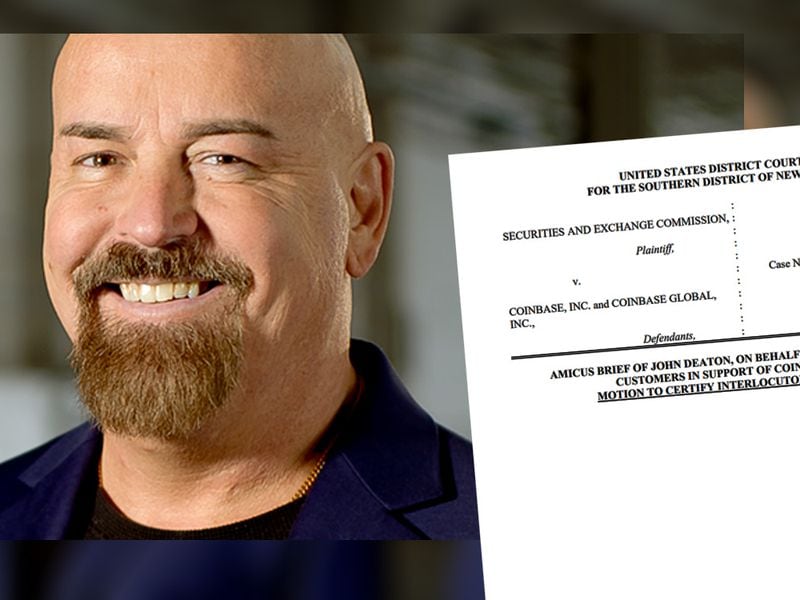Wall Street CEO on Tether Controvery: ‘They Have the Money’
/arc-photo-coindesk/arc2-prod/public/LXF2COBSKBCNHNRE3WTK2BZ7GE.png)
Cantor Fitzgerald CEO Howard Lutnick vouched for stablecoin issuer Tether’s legitimacy on Tuesday, addressing what has been one of the big questions in crypto over the years as its stablecoin, USDT, has grown into a behemoth: Does Tether have the money it says it does.
“They have it,” he said during an interview with Bloomberg TV.
That’s strong validation for Tether coming from a prominent and influential Wall Street figure. Lutnick’s Cantor Fitzgerald is among the best-known bond trading houses on Wall Street and one of 25 primary dealers for U.S. Treasurys, allowing direct trade with the Federal Reserve.
The stablecoin issuer has long been under the microscope for its backing of USDT, which, with over $95 billion in market capitalization, remains the most widely used stablecoin in the world.
“I manage many of their assets,” said Lutnick, who brought up crypto in the interview that was streamed live from Davos, Switzerland. “From what I’ve seen – and we did a lot of work – they have the money they say they have.”
Lutnick seemed to refer to Tether’s latest attestation report, which showed that it held $86.4 billion of assets in reserves as of Sept. 30 against $83.2 billion in liabilities.
For years, a big chunk of Tether’s reserves were locked up in commercial paper, which worried some observers. However, its latest attestation report shows USDT is mostly backed by U.S. Treasuries, widely considered among the safest assets in the world, and there are no longer any commercial paper holdings.
Still, the industry isn’t completely convinced about the quality of Tether’s assets. Most recently, credit rating agency S&P Global’s poor score for the stablecoin, which judges characteristics such as “the quality of the asset backing the stablecoin” as well as “weaknesses in other areas, including regulation and supervision, governance, transparency, liquidity and redeemability, and track record” reinforced those concerns.
Users of USDT are also still waiting for an official audit that would paint a much more precise picture of a company than an attestation.
Lutnick has previously voiced that he is a fan of Tether. Cantor Fitzgerald is a custodian for the stablecoin issuer’s Treasuries.
When asked about a more prominent topic in crypto news currently – the approval and listing of over a dozen spot bitcoin exchange-traded funds (ETFs) – Lutnick questioned the real value of bitcoin and stablecoins for Americans and argued that crypto currencies are attractive as speculative assets in this country, whereas people in other nations, such as Argentina, Venezuela and Turkey, hold crypto for more substantial reasons.
“This is a speculative asset for us but for countries like Argentina, Venezuela, Turkey, these crypto assets matter, stablecoins matter in those countries,” he said. “It’s a way to hold on to the dollar.”
Edited by Aoyon Ashraf.








